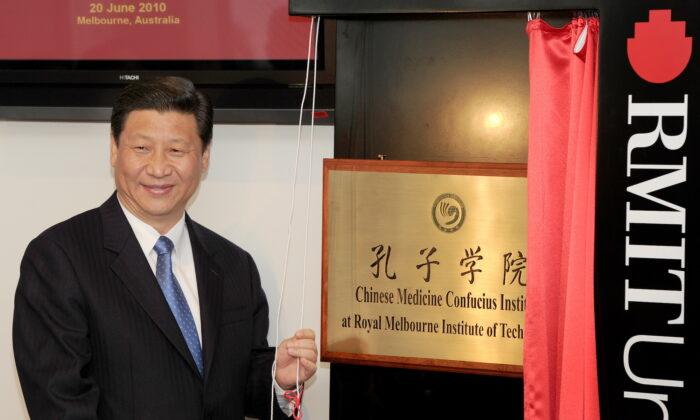Confucius Institutes (CI) in British Universities are damaging the UK’s understanding of China, a report said on Wednesday.
The report (pdf), published by foreign policy and national security think tank Henry Jackson Society (HJS), said that out of the 30 CIs in the UK only four were found to be operating within their remit of “language and culture” that is often attributed to them.





